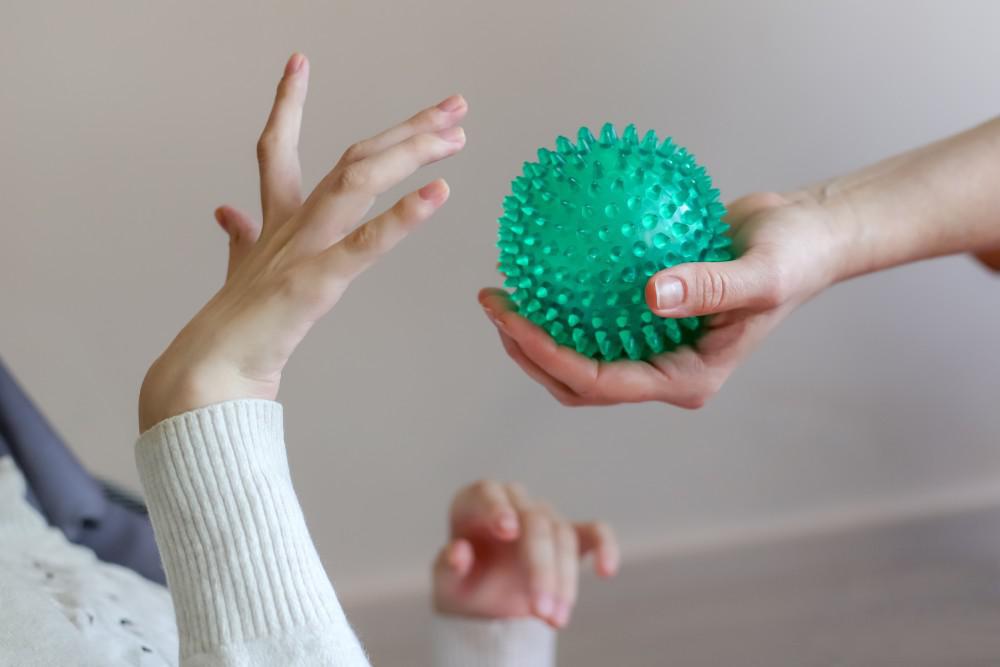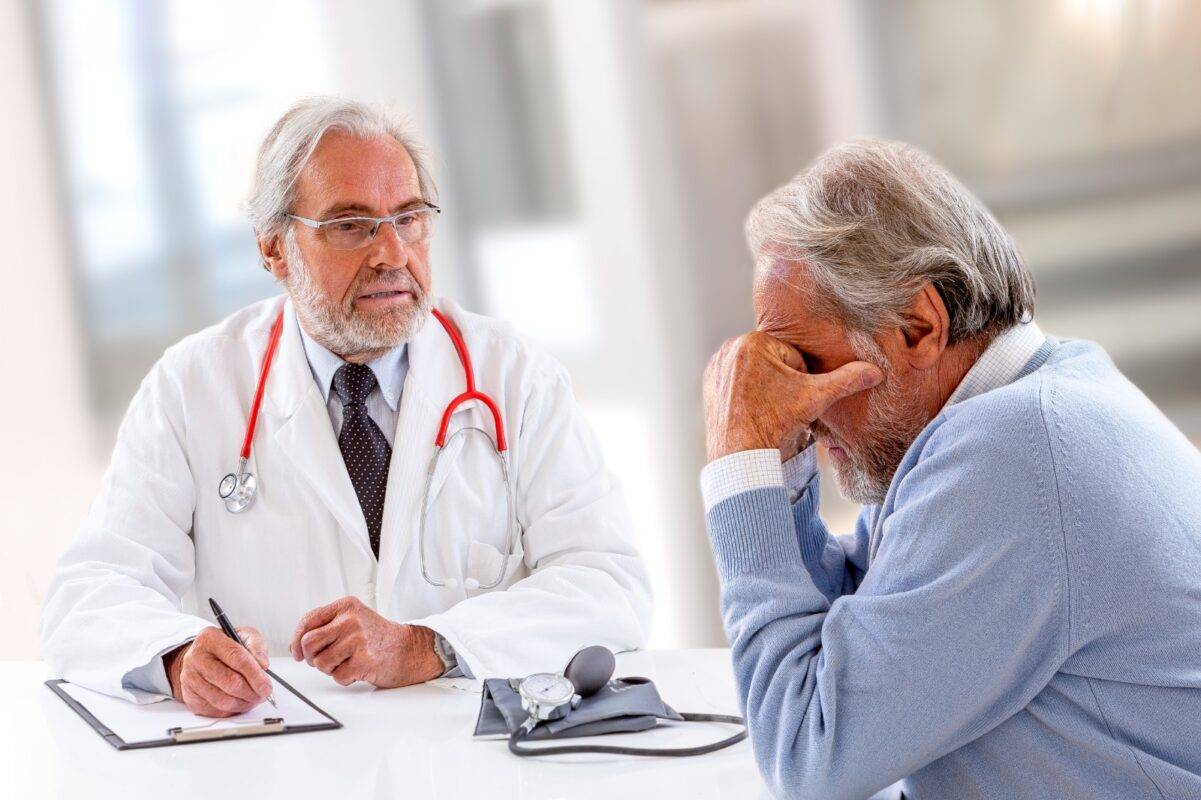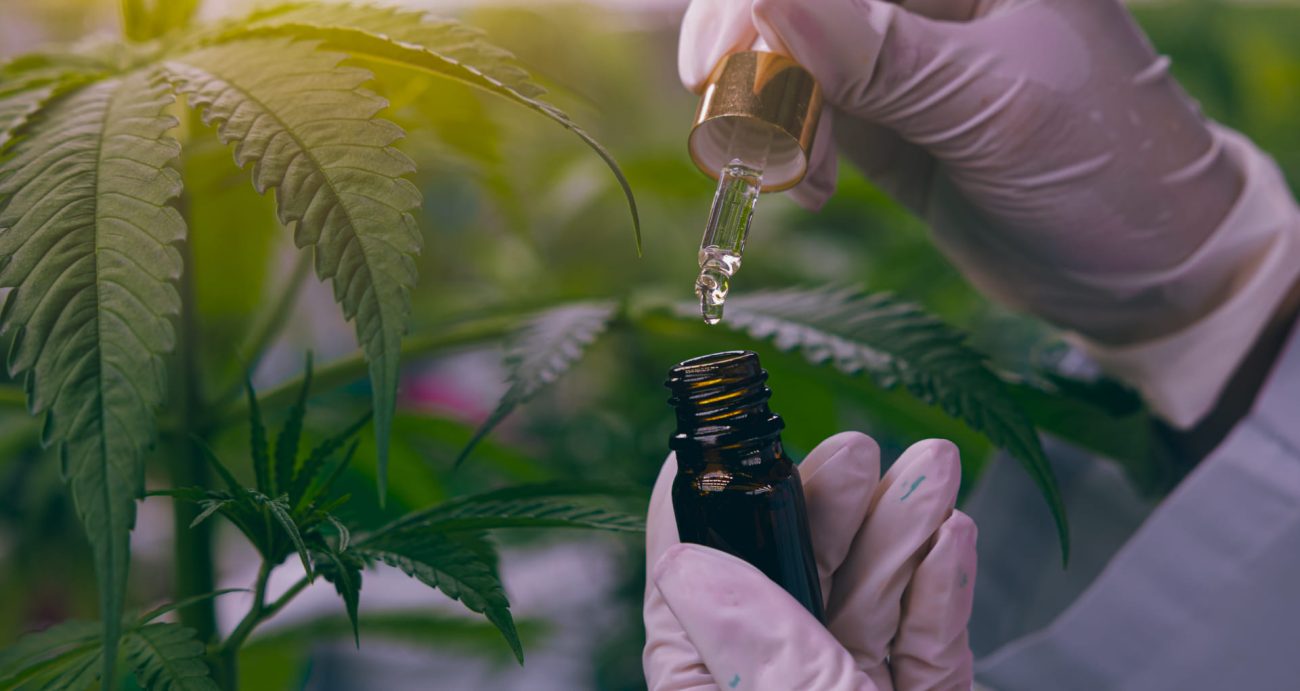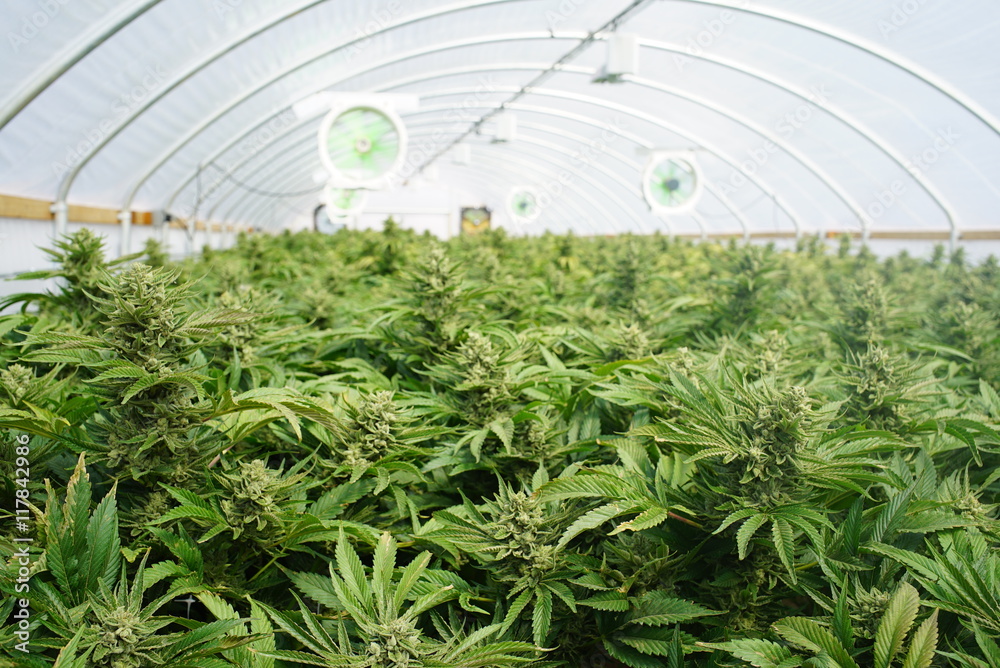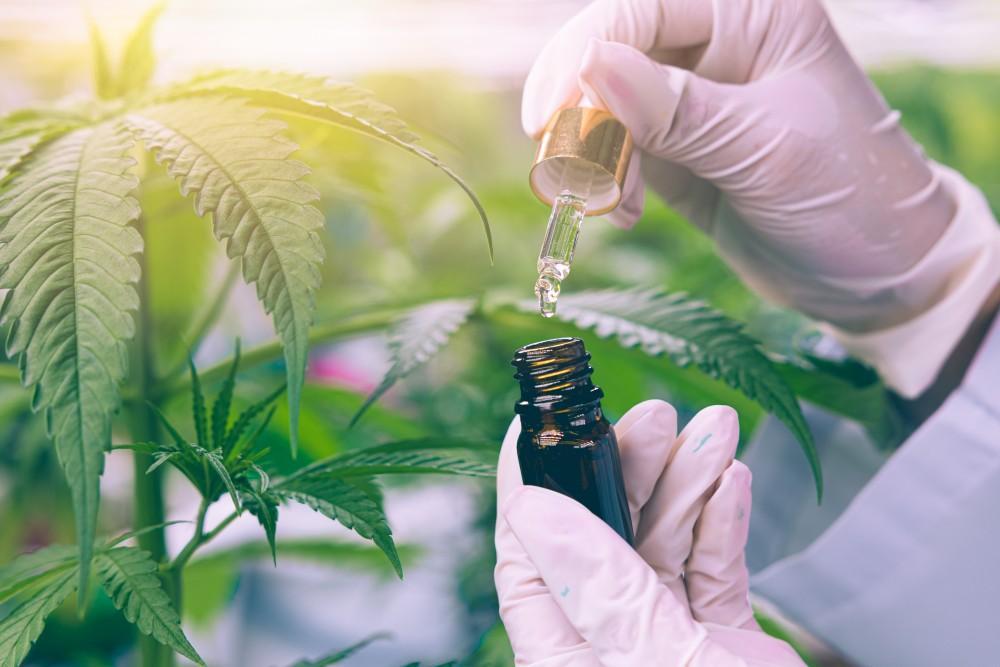Motor Neurone Disease (MND) is a rare condition that causes the progressive deterioration of some parts of the nervous system. Amyotrophic Lateral Sclerosis (also known as Lou Gehrig’s Disease) is the most common form of motor neurone disease and it affects 5 per 100,000 individuals in the US. Age-adjusted data reports that this condition is more prevalent in seniors aged 70 to 79 years old with 19.5 cases to 100,000 individuals, and when it comes to gender it seems to be more common among men (7 cases per 100,000) than in women (4 cases per 100,000.)
In honor of ALS Awareness Month, we are taking a close look at this disease and sharing how medical cannabis can help patients find relief. So, what is ALS? What causes ALS? What are ALS symptoms? What are ALS treatments? Is medical cannabis effective for treating ALS and do patients in Texas have legal access to it? We’ll answer these questions and more below.
What is Amyotrophic Lateral Sclerosis (ALS)?
Amyotrophic Lateral Sclerosis (also known as Lou Gehrig’s Disease) is a rare progressive neurodegenerative condition that affects nerve cells in the brain and spinal cord, causing motor neurons to deteriorate and eventually die. As the motor neurons decay, the patient loses the ability to control voluntary movement. As a result, the individuals affected may progressively have difficulty speaking, swallowing, moving and breathing.
The rate at which the disease progresses varies from one individual to another. Patients suffering from Amyotrophic Lateral Sclerosis lifespan is estimated on average from 2 to 5 years; in some cases the survival rate can reach 5, 10 or more years.
What Causes ALS? Is Amyotrophic Lateral Sclerosis hereditary?
There is limited knowledge about what causes ALS. Researchers are studying various theories such as the accumulation of abnormal proteins in the brain cells, excessive presence of the neurotransmitter glutamate which is toxic to nerve cells, possible gene mutations or the potential presence of an autoimmune response in which the body’s own immune system attacks healthy cells.
Is ALS hereditary? Not really. Only 5 to 10% of ALS cases are linked to a family history with this disease and are known as Familial ALS (FALS.) In the majority of ALS cases though, patients are the only individuals in their families who present the condition.
What Are ALS Symptoms?
ALS symptoms are varied as the disease presents in different ways in each person and at different rates of progression. They usually start with a gradual onset, and can manifest as slurred speech or trouble swallowing, difficulty grasping objects, persistent fatigue, weakness in the legs, feet or ankles, constant tripping and falling, muscle cramps and twitching in the arms, hands, shoulders and tongue. Other symptoms are behavioral changes, pain, excessive saliva or phlegm, depression, trouble sleeping as well as uncontrollable crying, yawning or laughing.
Not every patient experiences the same symptoms and there is no standard sequence for their occurrence, but the progressive muscle weakness and eventual paralysis is something they all have in common.
Can Amyotrophic Lateral Sclerosis be cured? Unfortunately there is no cure for ALS yet, but patients can treat the condition to slow down its progression, alleviate symptoms, increase their survival rate and improve their quality of life. Let’s take a look at the different treatment options next.
Traditional Treatment For Amyotrophic Lateral Sclerosis
Usually, treating ALS involves assembling a team of experts who can provide a comprehensive health care plan combining areas such as neurology, otolaryngology, occupational therapy, behavioral therapy, physical therapy, speech therapy and psychological and social support, as needed.
Often patients are prescribed traditional medicine to address spasticity, pain or swallowing difficulties related to ALS. However, in many instances those medicines are very expensive, only moderately effective and create undesirable side effects such as gastrointestinal issues, liver problems, bruising, headaches or respiratory infections.
More recently, patients looking for symptom relief have turned to medical cannabis for treating ALS and although more research is necessary, the results have been very encouraging so far.
Treating ALS: How Medical Cannabis Can Help
Medical cannabis has proven to be an effective treatment to address ALS symptoms like spasticity, pain, trouble sleeping, fatigue, depression and poor appetite.
Why is medical cannabis effective for treating ALS? The answer is in the cannabinoids found in the marijuana plant. Although marijuana has more than a hundred cannabinoids, 2 in particular have proven to have therapeutic abilities: CBD and THC.
Research has indicated that CBD and THC can interact with the human body’s endocannabinoid system by activating CB1 and CB2 receptors, and by doing so they can help correct deficiencies that are at the origin of many illnesses.
Especifically for ALS, CBD and THC may be a promising neuroprotective therapy by providing anti-oxidant mechanisms and by activating both types of receptors as follows:
- By activating CB1 receptors, cannabinoids help reduce excitotoxicity effects caused by excessive levels of glutamate (an essential neurotransmitter responsible for cognition, memory and neural development but becoming toxic for cells in the body when produced in excess.) Also, by connecting to CB1 receptors cannabinoids are beneficial in alleviating spasticity and helping improve motor impairment in patients with ALS.
- By activating CB2 receptors, cannabinoids help modulate the body’s immune function and by doing so, they boost an endogenous protective response counteracting inflammation and modulating neuronal damage. These effects have a beneficial impact in reducing pain, stimulating appetite, improving behavioral symptoms and more importantly, in slowing disease progression when treatment is introduced soon after symptom onset.
In a nutshell, cannabinoids present in medical cannabis help balance out existing deficiencies in the body’s endocannabinoid system by prompting a reduction of excitotoxicity effects as well of reductions in neuroinflammation and oxidative cell injury, all of which are key to preserving motor neurons.
Numerous studies analyzing the effects of medical cannabis in mice with ALS have yielded very positive results. Although research with medical cannabis on ALS patients is still limited. The results in other studies showing the benefits of medical cannabis for treating similar symptoms in patients with other neurodegenerative diseases such as dementia and MS are supportive for extending clinical trials to confirm medical cannabis’ potential as a disease modifier for patients with ALS.
The empirical evidence available at this time indicates that a compound combining both CBD and THC has the best results showing positive effects after 6 weeks of treatment, with good patient tolerability and no significant negative side effects in patients with ALS.
Can you Treat ALS with Medical Cannabis in Texas?
ALS patients have legal access to medical cannabis through the Texas’ Compassive Use Program (TCUP.) This program, adopted in 2015, only benefited patients with intractable epilepsy at inception but has been expanded through the years and currently includes an extended list of qualifying conditions including neurodegenerative diseases.
To be able to participate in the TCUP, qualified patients must be evaluated by a registered health care provider. If qualified, the patient is included in the Compassionate Use Registry of Texas (CURT) which provides access to participating in the program and having prescriptions filled at any of the authorized dispensaries in the state.
Although patients have access to over-the-counter cannabis products, adding those products to your course of treatment without medical supervision is not the best course of action.
First, any addition to your treatment should be previously consulted with a professional health care provider. Only a qualified healthcare provider can determine what is the best compound for you considering your full medical history, evaluating any potential interactions with other medications you are consuming and working in tandem with other medical providers supporting your health journey.
Second, for medical cannabis to be effective, patients need to gain access to the right compound customized to their specific needs which often requires a dose of THC that is higher than the 0.3% allowed for over-the-counter products. Access via the TCUP guarantees that patients get the right combination of CBD and THC for them, benefit from periodic follow-up visits to assess treatment effectiveness and make any necessary adjustments if needed.
Finally, the safety, quality and purity of medical cannabis dispensed by a dispensary is far superior since dispensaries are highly regulated and have to adhere to strict protocols; in contrast, CBD stores are not regulated and nothing guarantees that what is written on the label corresponds to the truth or reveals all the components that go into the product, let alone the quality or purity of the ingredients.
If you or a loved one suffer from ALS and are curious about how medical cannabis might help, contact us! We can answer any questions you may have and get you on your way to improving your quality of life.





